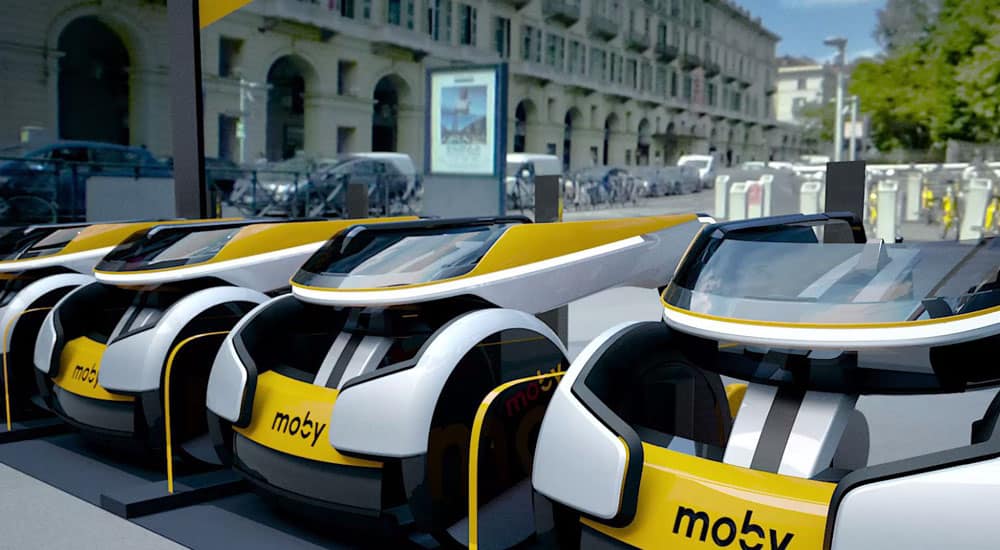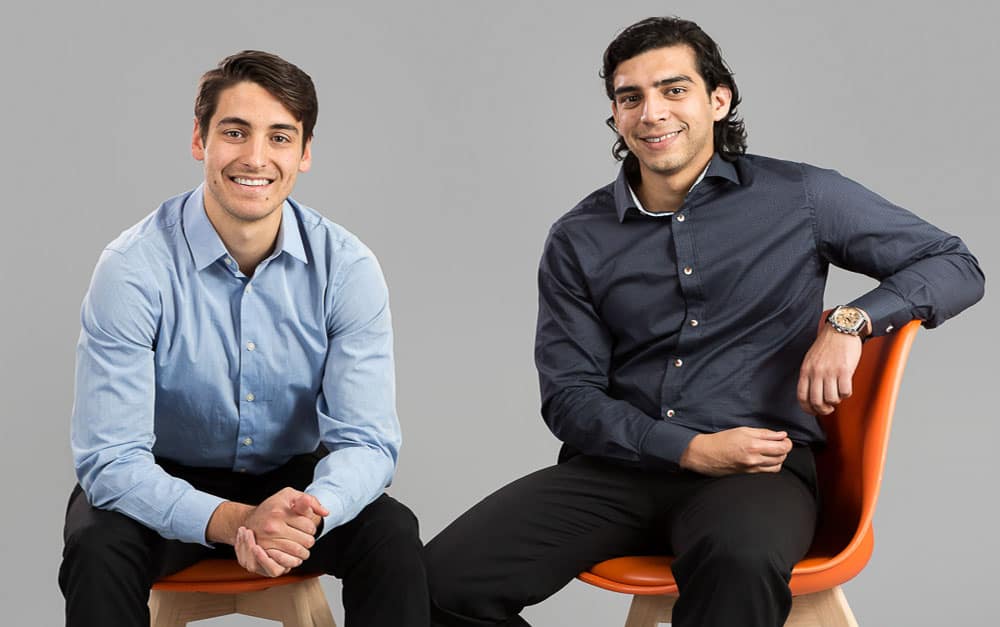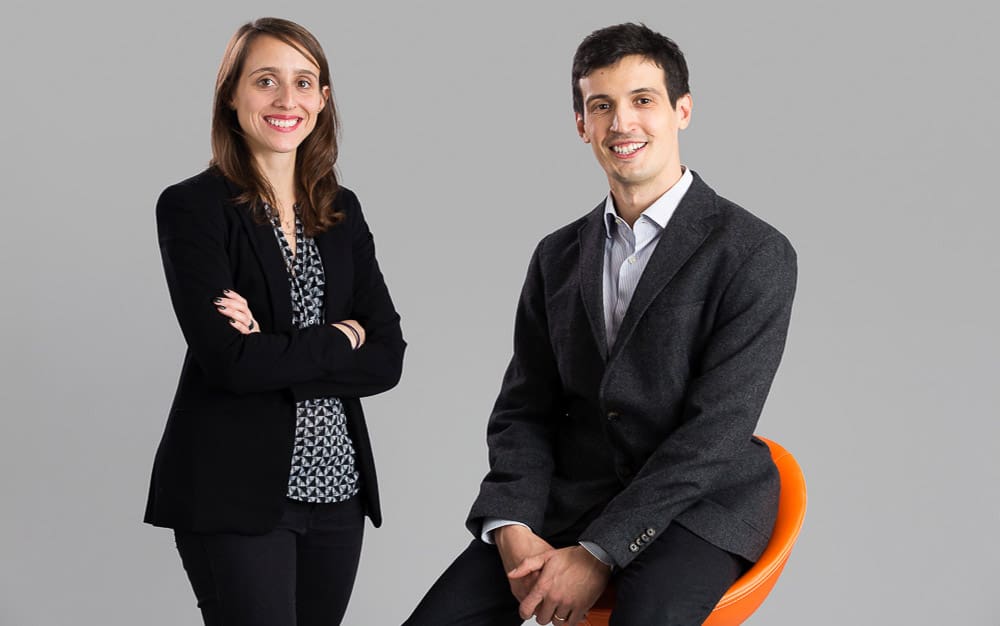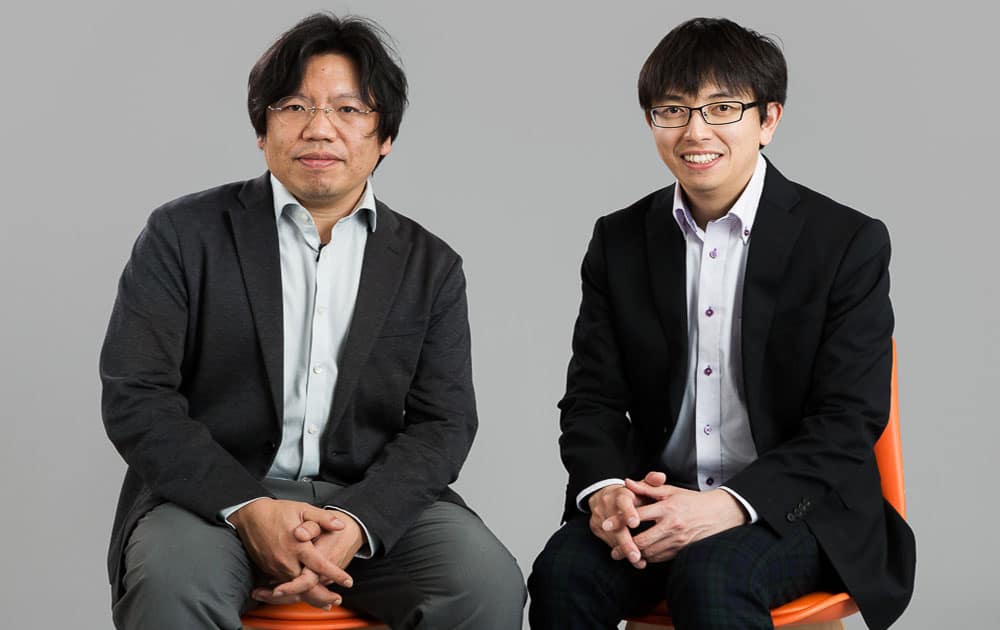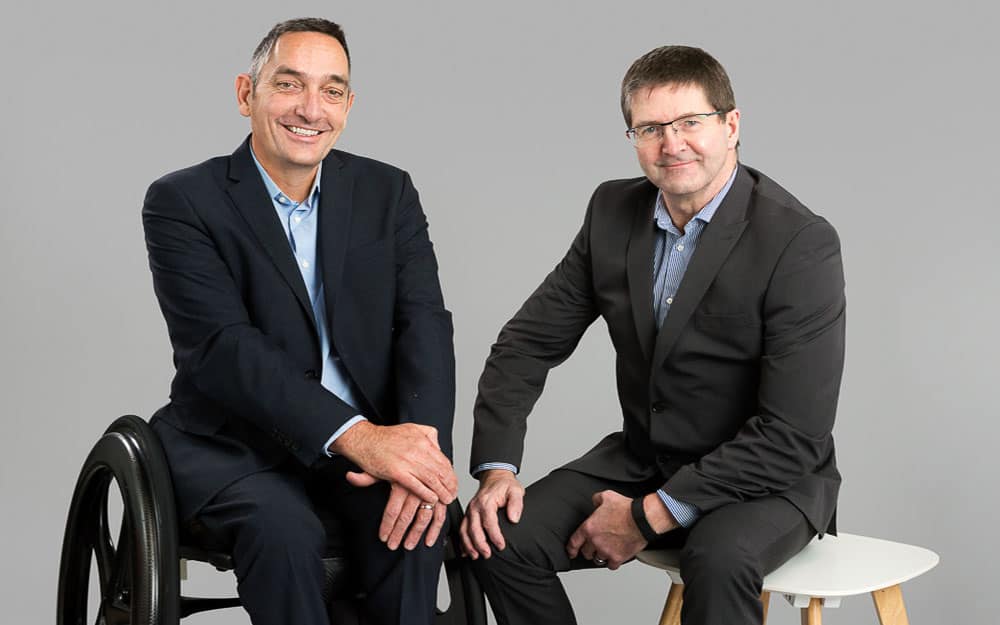INNOVATION: Five futuristic assistive technology devices aiming to change the mobility world
An exoskeleton on wheels, smart ultralight wheelchairs and advanced wearable technology are amongst the five devices each awarded a $500,000 grant to compete in the finals of the $4 million global Mobility Unlimited Challenge.
Five teams from the USA, Japan, Italy and the UK were announced to have reached the finals at Las Vegas’ CES event, the largest consumer electronics event in the world. Now the teams will use the half-million-dollar grants to develop their prototypes further in a bid to win the coveted $1million prize in Tokyo in 2020.
Find out more about the innovative concepts and inventors behind them that could give a glimpse into the future of the mobility world…
The EvoWalk
Team: Evolution Devices (United States)
A smart, wearable leg sleeve that helps people with partial lower limb paralysis regain mobility, the EvoWalk AI system uses sensors to predict the user’s walking motion.
According to the team, the device stimulates the right muscles at the right time to help individuals to walk better, with the personalised, timed muscle stimulation allowing users to contract their muscles as they walk.
This contraction will not only assist users on a day-to-day basis says Evolution Devices, but also rehabilitate the muscles and neural pathways over time.
[metaslider id=”2842″]
Pierluigi Mantovani from Evolution Devices said: “Mobility Unlimited Challenge is a fantastic opportunity for people to build devices that are normally hard to fund but could make a huge difference. This support will help us finish our research and develop the device further, so we can get it to the people who really need it. People like my dad.
“My dad has multiple sclerosis and developed foot drop. He was recommended a device that was far too expensive so myself and some friends built this prototype that helped. After that, we wanted to make something affordable for others. Our main goal has always been to help people regain the ability to walk freely again.”
Moby
Team: Italdesign (Italy)
The mobility equivalent of a cycle share scheme, Moby is a mobility service created for users consisting of a series of wheel-on electric devices, located in urban hubs such as busy cities to make travelling easier and more accessible for people with lightweight, manual wheelchairs.
Connected via an app, the platform will enable users to interact with other wheelchair users, the device itself, as well as other means of transport.
[metaslider id=”2857″]
Serena De Mori from Italdesign said: “Moby is a concept we developed over time, working with users of wheelchairs. They said they wanted a way to make travelling easier and so we developed this platform.
“We entered this Challenge because we wanted to have a different kind of mobility solution which is accessible to all. We are very happy to have been selected for the Challenge and hope to develop the concept further and to build the first prototypes to test on the street as soon as possible.”
QOLO (Quality of life with locomotion)
Team: Team QOLO, University of Tsukuba (Japan)
The idea of an exoskeleton on wheels may sound more science fiction than mobility product, however, the team from Japan’s University of Tsukuba is creating such a device.
The QOLO Standing Device consists of a lightweight, mobile exoskeleton on wheels which uses passive actuators to allow users to sit or stand, effectively removing the ‘chair’ from ‘wheelchair’.
Users operate the device using their upper body, enabling people to keep their hands free, whilst the device allows the user to travel in a standing position. The ability to regain upright mobility changes both the physiological and social aspects of everyday living for those with lower limb paralysis says the team.
[metaslider id=”2866″]
Discussing the motivation behind the device, Kenji Suzuki from Team Qolo said:
“We want to remove the chair from the wheelchair. Our device gives users the choice to sit or stand, using cutting-edge technologies. This means that wheelchair users can interact with other people at the same eye-level, improving communication and changing the way they see the world.
“We are, of course, very happy to have been selected, but our work is not over. Once we develop our product and people start using it and we see how it has helped people, that will make us truly happy.”
QUIX
Team: IHMC & MYOLYN (United States)
Another exoskeleton that grabbed judges’ attention with the QUIX, featuring motors at the hips, knees and ankles, as well as additional actuators offering someone with lower-limb paralysis fast, stable and agile upright mobility.
The team says the exoskeleton is able to provide the mobility, safety and independence current exoskeletons on the market are unable to via modular actuation, perception technology from autonomous vehicles and control algorithms for balancing autonomous humanoid robots.
[metaslider id=”2873″]
Peter Neuhaus from IHMC & MYOLYN said: “In the business world, developing technologies for people with lower-limb paralysis has been extraordinarily hard. We’ve constantly struggled against people saying the market is too small and because of that people aren’t putting in the effort, research or investment this field deserves, meaning there hasn’t been enough advancement.
“We’re now focused on the next stage of the Challenge. On the engineering challenges to meet the needs and wants of users. And on the business development side, making this commercial and ensuring it gets to the people who need it most.”
Phoenix AI Ultra-light Wheelchair
Team: Phoenix Instant (United Kingdom)
Designed by the creator of the original Carbon Black carbon-fibre wheelchair, Andrew Slorance’s latest innovation is a smart ultra-lightweight, self-balancing, intelligent wheelchair which eliminates painful vibrations for users.
[metaslider id=”2880″]
Andrew Slorance from Phoenix Instinct commented: “I’m so pleased the judges recognised that the wheelchair has proved itself as the most viable mobility device for decades and although it has done well it is now tired and in need of a serious makeover.”
Read the full story behind Andrew’s new device and his thoughts on the manual wheelchair market.
More about the competition
Launched by the Toyota Mobility Foundation in partnership with Nesta’s Challenge Prize Centre in 2017, the $4million Mobility Unlimited Challenge aims to improve the lives of millions of people with lower-limb paralysis by bringing new innovation to the world of mobility.
The challenge invited innovators, designers, engineers and inventors from around the world to submit game-changing technologies that incorporated intelligent systems to improve the mobility and independence of people with lower-limb paralysis.
Shortlisted products from 80 submissions were provided with a Discovery Award of $50,000 to support early-stage development, with the five finalists each being awarded $500,000 Finalist Grants to develop their prototypes. The winning device will go on to win the $1million Winner’s Award in September 2020.
Image credits – Designed by Simon Mckeown with Craig McMullen


